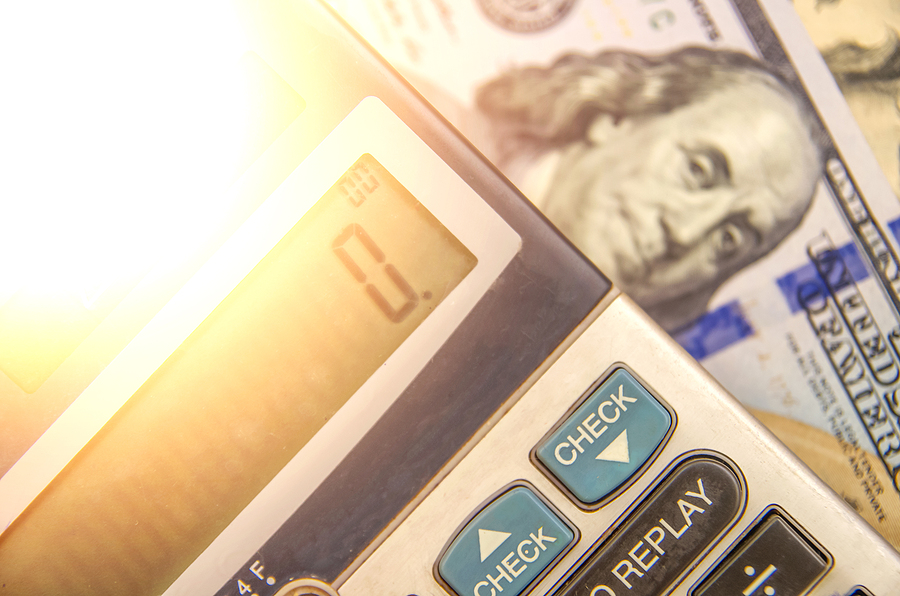
Source: Bigstock
These days it seems that a mysterious group called “the CBO” rules the world, or at least Washington, D.C. Unfortunately, it’s not very good at predicting things, and its bad calls can lead to bad policy results.
The Congressional Budget Office and the Joint Committee on Taxation predict what will happen with spending, tax revenues and deficits from new bills and congressional budgets.
They have made headlines with their absurd warning that the Trump tax bill to extend the 2017 tax cuts and other reforms like eliminating taxes on tips would add trillions to the debt over 10 years.
“It’s time to put accuracy over ideology.”
But we know this is wrong. The flaw is that the models don’t take account of the improved economy from keeping tax rates low and providing tax relief for small businesses and workers. The White House estimates that this bill, combined with pro-America energy policies and deregulation, can raise the economic growth rate to nearly 3% — which would mean at least another $2 trillion in added revenues.
When I pointed this out in The Wall Street Journal two weeks ago, House Speaker Mike Johnson reiterated these defects in the CBO predictions.
Then Washington Post “fact checker” Glenn Kessler claimed that the CBO is accurate and Johnson’s claim is “nonsense.”
Oh, really? It turns out that it’s the self-proclaimed fact checker who is getting the numbers all wrong.
The Post argued that the CBO really does dynamic scoring and adjusts for the changes in tax laws. Wrong. The CBO does NOT fully measure the economy-wide benefits of lower tax rates and thus doesn’t adjust for higher employment and growth — which happens every time we cut tax rates.
We also know that the 2017 scoring of the Trump tax cut has ALREADY underestimated the revenues from the first six years of the law by a massive $1 trillion or more.
Yet Kessler notes that no one in 2017 could have predicted the COVID-19 pandemic and the ensuing lockdowns. That is absolutely true. But the pandemic actually REDUCED revenues from what they would have otherwise been by at least $1 trillion because commerce slowed to a crawl during the lockdowns. Yet even with the unexpected pandemic, the CBO STILL managed to underestimate the revenues generated from the tax cut.
Sounds like the speaker was right and the fact checkers struck out.
Everyone makes mistakes. But the CBO and JCT have a habit of overstating the benefits of raising taxes and underestimating the benefits to the economy from cutting tax rates. The CBO and JCT, for example, have almost always lowballed the economic effects of cutting the capital gains tax.
My colleague Tomas Philipson, who served on the Council of Economic Advisers under President Donald Trump in his first term, notes that the JCT never opens its books to show how it makes its “garbage in, garbage out” projections.
Maybe Johnson should demand they do that immediately. Or maybe it’s time for a new model based on real-world scoring. It’s time to put accuracy over ideology.
Big decisions that have enormous trillion-dollar consequences for our economy are being made with a cracked crystal ball.








